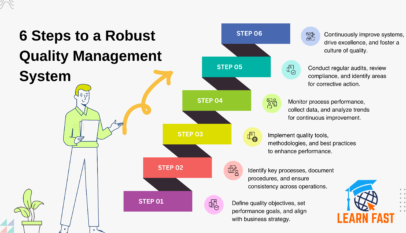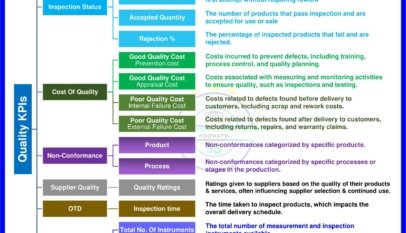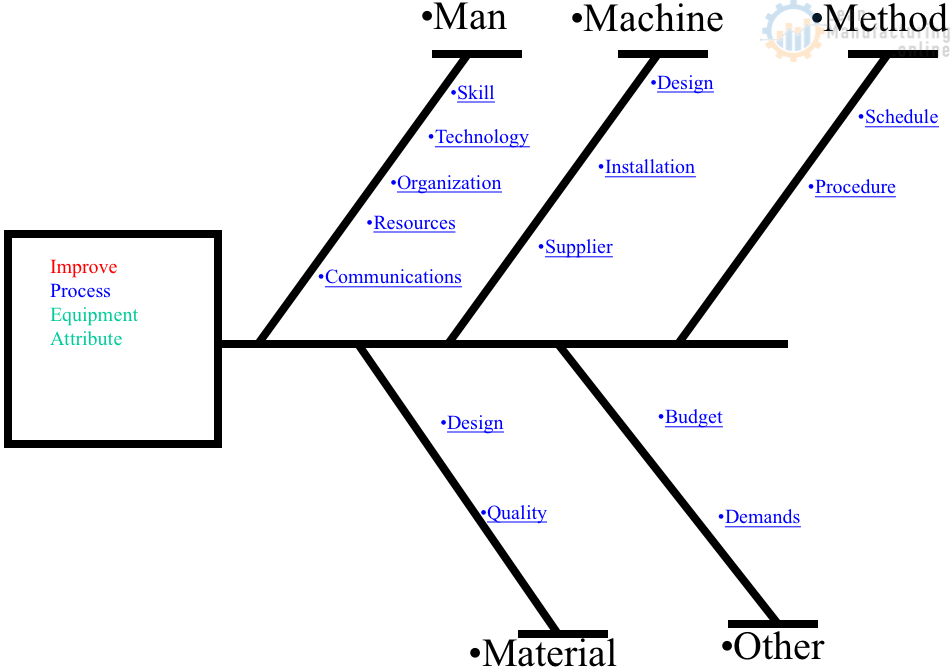Nurturing Growth, Empowering Individuals, and Shaping the Future
Introduction
“The delicate balance of mentoring someone is not creating them in your own image, but allowing them to create themselves.”
— Steven Spielberg
Mentorship is a vital yet often overlooked aspect of personal and professional development. At its core, mentorship empowers individuals to reach their full potential, providing guidance without imposing one’s identity or beliefs onto the mentee. Through a strong mentor-mentee relationship, both parties can grow and achieve far more than they could. In this blog post, we will explore the importance of mentorship, its benefits to both the mentor and the mentee and its impact on organizational success.
- The Importance of Mentorship
Everyone wishes they had a mentor. Many won’t say it out loud, but we all want one. And from someone who has had time with and without a mentor, I’ll tell you why it’s important! When you take the time to invest in someone with no expectation in return, it makes that person feel incredibly valued. We get to tell someone we believe in them and want to see them reach our level or higher.
Without a mentor, we are often left to figure things out independently. This isn’t always bad, but it is always harder. It can be frustrating and demoralizing and usually make a career less successful. Having a mentor means having someone who can guide, encourage, and support, helping mentees navigate the challenges and obstacles that may arise in their personal and professional lives.
- Benefits of Mentorship
Mentorship offers a myriad of benefits to both the mentor and the mentee. For the mentee, a mentor can provide invaluable guidance, support, and encouragement, helping them to develop the necessary skills and confidence to excel in their chosen field. Mentors can help their mentees identify and pursue their passions, set and achieve goals, and overcome any obstacles they may face.
For the mentor, the process of mentoring can be equally rewarding. Mentors can share their knowledge, experience, and insights, helping to shape the next generation of professionals in their field. In doing so, mentors can also reflect on their own experiences, learn from their mentees, and continue to grow personally and professionally.
- Impact on Organizational Success
Organizations with an active mentorship program or even a few leaders that take mentorship seriously are much better positioned to execute their strategy. They have people that enable better decisions and encourage risks by being there to help younger, less experienced people understand how their decisions impact their ability to execute the strategy.
A strong mentorship culture within an organization can lead to increased employee engagement, satisfaction, and retention. By fostering a sense of belonging and providing growth opportunities, mentorship programs can help organizations attract and retain top talent, driving innovation and success.
- The Ripple Effect of Mentorship
We know one person can’t mentor everyone, but you can mentor someone. The impact of mentorship can extend far beyond the immediate relationship between mentor and mentee. As mentees gain knowledge, skills, and confidence through their mentorship experiences, they are more likely to become mentors, creating a ripple effect that can positively impact entire organizations and industries.
- Cultivating a Mentorship Mindset
To harness the power of mentorship, mentors and mentees must approach the relationship with the right mindset. Mentors should be open, patient, and supportive, guiding without trying to mould their mentees into a specific image. Likewise, mentees should be receptive, eager to learn, and committed to personal and professional growth.
Here are some tips for cultivating a mentorship mindset:
- Be open to learning: Both mentors and mentees should approach the relationship with a willingness to learn and grow, recognizing that every interaction can provide valuable insights and opportunities for growth.
- Establish clear goals and expectations: At the outset of the mentorship relationship, both parties must establish clear goals and expectations. This can help ensure that both mentor and mentee are aligned and working towards a shared vision of success.
- Communicate openly and honestly: Open and honest communication is critical to the success of any mentorship relationship. Both mentors and mentees should feel comfortable sharing their thoughts, concerns, and ideas, providing feedback, and discussing challenges.
- Be patient and persistent: Mentorship is a journey, not a destination. Both mentors and mentees should be patient and persistent in their efforts, recognizing that growth and development take time and dedication.
- Celebrate successes and learn from setbacks: Throughout the mentorship journey, it’s important to celebrate successes, acknowledge accomplishments, and learn from setbacks. By doing so, mentors and mentees can continue to grow and develop, building on their achievements and overcoming obstacles.
In conclusion, mentorship is a powerful force in personal and professional growth. Through the delicate balance of guidance and empowerment, mentors can help mentees create themselves, unleashing their full potential. As individuals and organizations embrace the power of mentorship, the ripple effect can lead to increased success, satisfaction, and innovation. We can create a world where everyone can learn, grow, and achieve greatness by fostering a mentorship culture and cultivating a mentorship mindset.
















